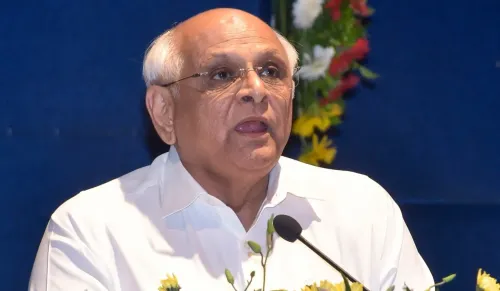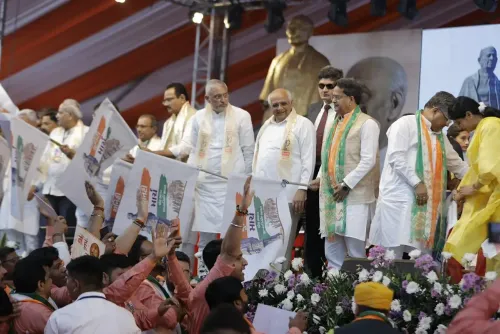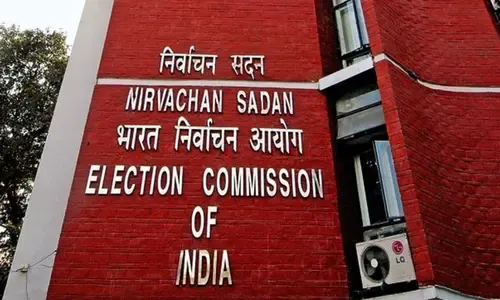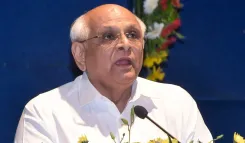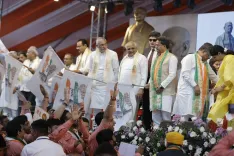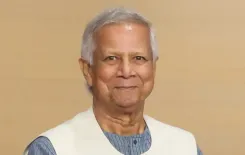What Concerns Did CPI-M MP Dr. John Brittas Raise with PM Modi Regarding Pensioners?

Synopsis
Key Takeaways
- Dr. John Brittas expresses concerns over pensioners' rights.
- Potential discrimination based on retirement dates could undermine pension equality.
- 8th Central Pay Commission's ToR may redefine pension perceptions.
- The introduction of the Unified Pension Scheme raises questions about fairness.
- Critical pension-related issues remain unaddressed.
New Delhi/Thiruvananthapuram, Nov 26 (NationPress) CPI-M Rajya Sabha member Dr. John Brittas has communicated with Prime Minister Narendra Modi, voicing his profound concern regarding the escalating discontent among senior and super-senior Central government pensioners.
In his comprehensive letter, Brittas underscored the worries stemming from the Terms of Reference (ToR) of the 8th Central Pay Commission (CPC) and a validation clause introduced in the Finance Bill 2025.
He cautioned that this clause seems to allow for the retrospective differentiation of pensioners based on their retirement date, which could infringe upon the principle of pension equality established by the Supreme Court.
Referencing the notable ruling of D. S. Nakara vs Union of India (1982), he emphasized that the court had made it clear that all pensioners form a homogeneous class and cannot face discrimination based on their retirement date.
This kind of differentiation, he argued, undermines Article 14 of the Constitution, which ensures equal protection under the law.
Dr. Brittas also expressed concerns regarding the language in the ToR, particularly the characterization of pensions as an “unfunded cost of a non-contributory scheme”, which could diminish pensions to a mere financial liability, rather than acknowledging them as deferred wages and a legal right.
The uncertainty surrounding the equal treatment of past and future pensioners has heightened anxiety, he noted.
He pointed out that although the government introduced the Unified Pension Scheme with a promise of 50% of the last basic pay as pension, the ongoing recovery of 10% salary contributions and the denial of essential benefits such as commutation and family pensions have raised significant concerns when juxtaposed with the Old Pension Scheme.
Additionally, critical matters like reducing the restoration period for commuted pensions, revising the Fixed Medical Allowance, and providing additional pensions for those aged 65 to 80 have been overlooked in the ToR.
Furthermore, he highlighted the continuous exclusion of employees from autonomous and statutory bodies who have endured hardships during the 7th CPC.
Dr. Brittas urged the Prime Minister to fortify the ToR and offer an unequivocal clarification that safeguards pension equality, asserting that such action would restore confidence among those who once “carried the wheels of governance with honour and devotion”.

